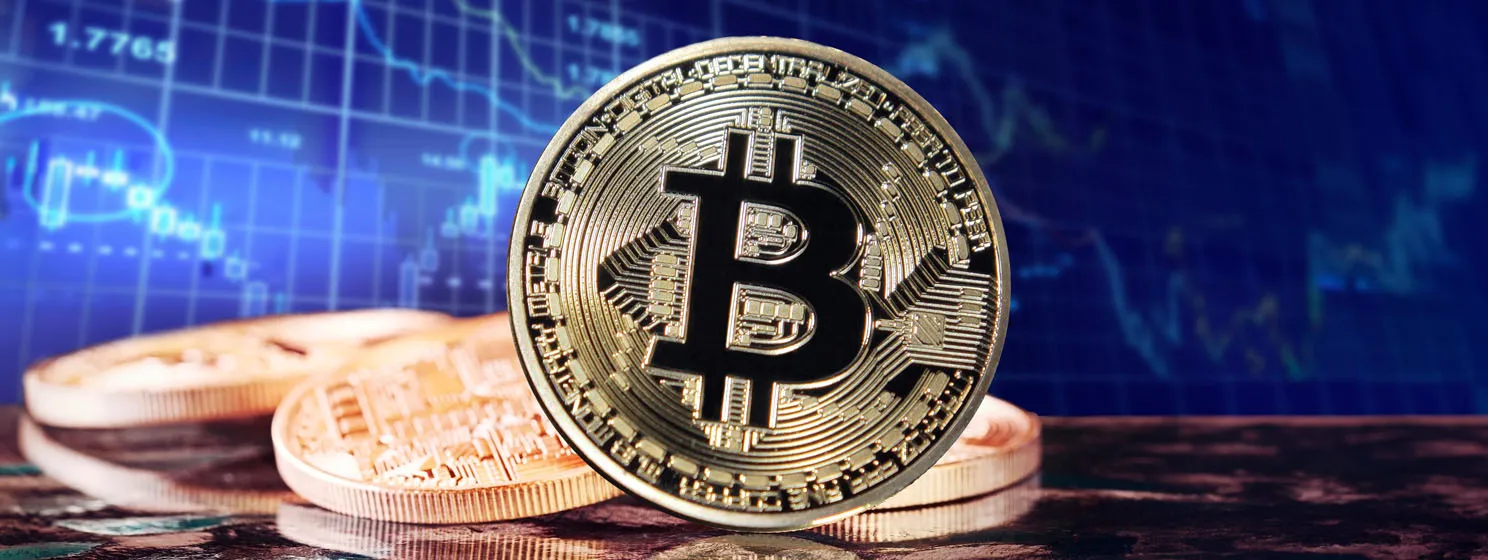|
Getting your Trinity Audio player ready...
|
Fraud and scams are nothing new in the world of finance, but with the surge in popularity and usage of digital currencies, they have become the new sector attracting all the fraudsters. This is according to an official at America’s securities watchdog, who described digital currency scams as the “flavor of the year.”
Peter Diskin was speaking at a virtual event on trends in consumer fraud on Wednesday where he delved into the rise of digital currency scams. Diskin is the assistant regional director for the Atlanta office of the U.S. Securities and Exchange Commission.
Diskin noted that this was nothing new and that it was somewhat expected. Criminals always descend on the newest invention and prey on the newbies who lack enough experience to spot the scammers.
He stated, “We see this all the time — that whatever is a popular topic becomes a way for fraudsters to get people’s attention. They say this is something new and profitable while playing on people’s fear of missing out on the next big thing.”
What’s more, digital currency scams are way more dangerous and complicated than traditional email, phone, or in-person scams. With the traditional scams, most scammers are within the U.S. and as such, they are easier to pursue and crack down on.
Not so with digital currency fraudsters who are usually overseas. Once the funds leave American institutions, it’s nearly impossible to recover it or even apprehend the fraudsters.
He remarked, “Not infrequently the money can be removed from U.S. bank accounts and go overseas, which makes it even more difficult to recoup things if something goes wrong.”
The regulator pointed to a recent case in which the SEC took action on a digital currency scam. Known as Blockchain Credit Partners, it promised investors that the proceeds of its token sale would go towards buying car loans that would rake in great returns. However, as CoinGeek reported, the operators used the money on personal expenses and in paying out earlier investors in a Ponzi scheme style.
Watch: U.S. Rep. Bill Foster talks to Jimmy Nguyen on Blockchain Policy Matters

 08-21-2025
08-21-2025 





